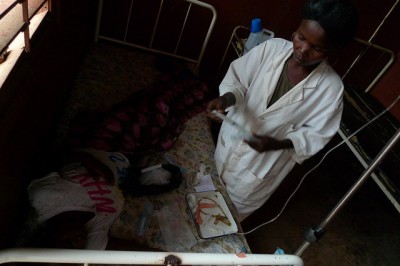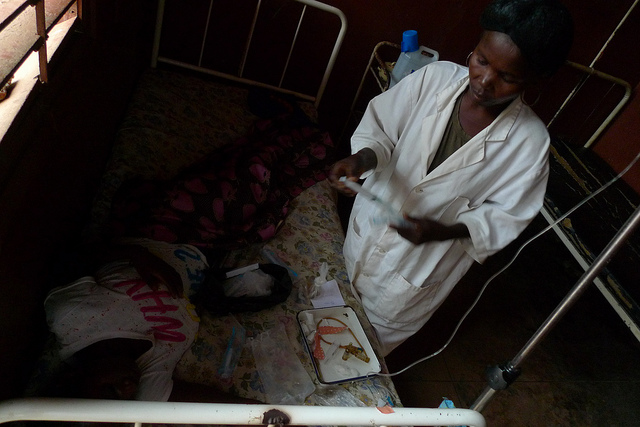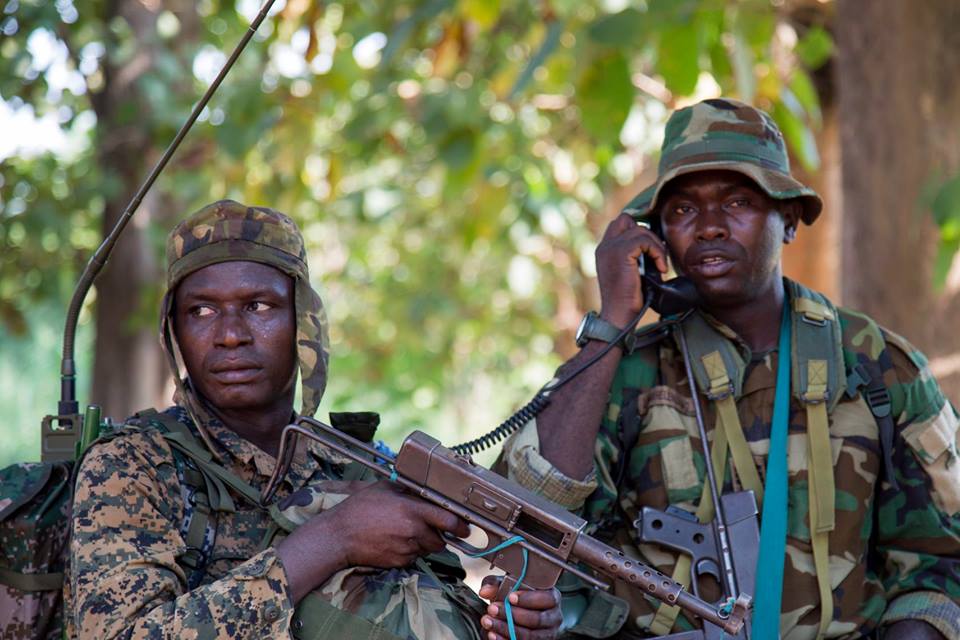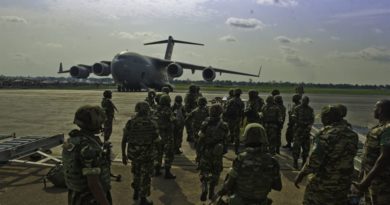Central African Republic: Europe ready to support MISCA

(BRUSSELS2, exclusive) The European Union is ready to " financially support “, even materially, “ the deployment of an African peacekeeping force in the Central African Republic (MISCA), a spokesperson for the High Representative confirmed today during the daily press briefing in response to a question from B2. But the EU is waiting to set the amount of its contribution " final planning documents that still need to be finalized ". For the EU, he added, “ this unprecedented crisis and its regional, social and humanitarian consequences” require " a coordinated, strong and multidimensional international response ».
A risk of somalisation
During a meeting in New York, held last week on the sidelines of the United Nations General Assembly, at the initiative of France and the European Union, the Commissioner for Humanitarian Affairs, Kristalina Georgieva, n he had no hesitation in speaking of a "risk of somalisation" for the country. " It is the most forgotten crisis in the world. The humanitarian situation is catastrophic, affecting the entire population of 4,6 million people. In recent weeks, the number of internally displaced people has nearly doubled to 400.000 " she explained, specifying that the situation in the Central African Republic is not without " implications for the region as a whole. The CAR is at the center of an extremely fragile region of Africa. »
The forgotten crisis par excellence
« For years, we tried to mobilize. But no one was really interested in this forgotten crisis says a European diplomat. " This question has long been off the radar. Everyone remained on a perception of the past where France managed this area and that there was no need to deal with it. But now there's a change. " France " does not want to manage alone, she wants to interest others ". And among the other countries, each started to be aware that there is a question of stability, of total security vacuum within Africa which can be very dangerous ". And to add: “Everyone agrees to act very quickly to strengthen security on the ground. »
The security discussion has just begun
The security discussion, however, comes “ just started ". And, according to information from participants in the New York meeting, some member countries of the Security Council - the United Kingdom and the United States - still seemed " reluctant "until recently to give international support to the force," more for matters of internal politics” (parliamentary consultations). On the African side, too, commitments are slow. Of the 3500 personnel of MISCA, only 2000 are united (*). The decision taken by the Member States of ECCAS (Central Africa), on September 16, to increase their contribution in order to complete the generation of force, " represents a milestone greets Catherine Ashton's spokesperson. Note that a meeting, in discreet format, should be held on Thursday, organized by the Institute for Security Studies of the European Union.
The role of Misca: essential to protect civilians
« We want a force on the ground that protects civilians, secures the ground. But what must be avoided is having security only in Bangui, forgetting the rest of the territory, with armed gangs moving to other places. commented another European diplomat for B2. The MICOPAX - Mission for the consolidation of peace in the Central African Republic - set up since July 2008, with strong European financial support (100 million euros) has a format that is too limited (400 soldiers + 150 police officers) to be able to act everywhere. “But where she was able to be present, it had a very positive effect. »
Humanitarian aid: mobilizing
The European Commission has decided to increase its emergency humanitarian aid to 20 million euros (compared to 8 million euros in 2012). But there are still many needs. "Commissioner Georgieva's mission in July made it possible to mobilize certain States ". Sweden and the United Kingdom contributed $4 million each, and Germany $2,5 million, according to figures from the United Nations Office for the Coordination of Humanitarian Aid. But it is still a question of mobilizing other goodwill, other financial backers, it is underlined on the side of the European commissioner Georgieva.
Transition help
Development aid is almost stopped. That " remains very difficult as there is no government partner available confirms a European diplomat, interviewed by B2. The tendency is rather to develop “cash flower” programs, with high labor intensity in order to allow a maximum of the population to be able to live in a legitimate way” but without paying any money to the state
Political process
Eventually, at the political level, the European Commission is considering setting up a support conference for the Central African Republic in 2014, as there was one this year for Mali and Somalia.
(*) The Misca: 3500 men. Decided on July 17 by the Peace and Security Council of the African organization, this mission should contribute to: "(1) the protection of civilians and the restoration of security and public order, through the implementation of appropriate measures, (2) the stabilization of the country and the restoration of the authority of the Central African State, (3) the reform and restructuring of the defense and security sector, and (4 ) the creation of conditions conducive to the provision of humanitarian assistance to populations in need. It should include a staff of 3.500 uniformed personnel (2475 for the military component - that is approximately 4 battalions - and 1025 for the police component), as well as 152 civilians, including the current staff of MICOPAX. It should have been set up and taken over on August 1, according to African Union documents.



Comments closed.